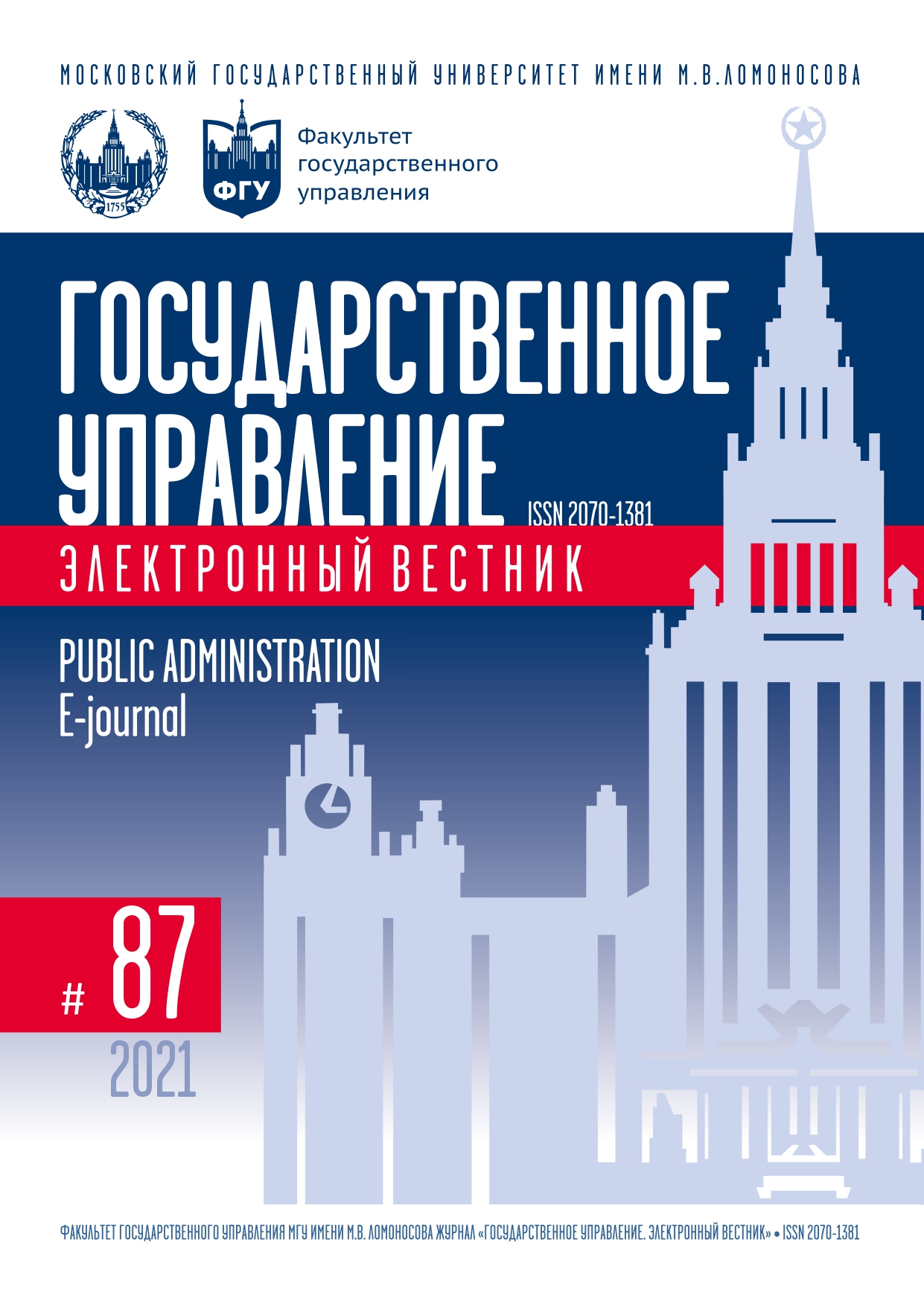News Content Impact on Intergenerational Interaction in Russia
Keywords:
Older people, young people, news, old age, information space, news content, stereotypes, intergenerational conflicts, intergenerational interactions, active ageing, older generation, social constructionAbstract
The existence of societies within a new demographic structure requires a comprehensive reform of social institutions. The reform cannot be carried out without forming a new culture of old age. The culture of avoiding old age, the closure of young and elderly Russians within their social groups, and the lack of constructive dialogue between the generations inhibit the implementation of public and private programmes of active ageing. One of the negative factors is the information (news) environment, which strengthens the stereotyped perception of old age and contributes to the separation of generations. Based on the analysis of social media data (VK and Lenta.ru), the following was revealed: the priority of news policy is given to the problems of young people; news reproduces standardized ideas about old age and youth, typical characteristics and key roles of representatives of these age groups; negative connotations and a limited set of social roles dominate in relation to older people. Despite significant socio-economic transformations that have made it possible to shift the boundaries of old age, the information space reproduces clichés about the potential of the older generation and becomes an instrument of social pressure. In the current context, new ways of organizing intergenerational dialogue are needed. One way could be cooperative volunteer programmes.
References
Авдеева Д.А. Роль доверия в экономике // Социодиггер. 2021. Февраль. Т. 2. Вып. 1–2(7): Доверие. С. 41–44.
Барсуков В.Н. Причины и последствия конфликта поколений как социальной проблемы «стареющих» государств // Социальное пространство. 2016. № 5(7). URL: http://socialarea-journal.ru/article/2069
Барсуков В.Н., Калачикова О.Н. Эволюция демографического и социального конструирования возраста «старости» // Экономические и социальные перемены: факты, тенденции, прогноз. 2020. Т. 13. № 1. С. 34–55. DOI: 10.15838/esc.2020.1.67.2
Беспалова Ю.М., Герцен С.М. Ценностные ориентации молодежи современной России (межпоколенный подход) // Вестник Тюменского государственного университета. 2009. № 4. С. 117–126.
Бурдьё П. О телевидении и журналистике. М.: Фонд научных исследований «Прагматика культуры», Институт экспериментальной социологии, 2002.
Герасимова В.Ю. Отношение к старости через призму отношения к смерти // Вестник Московского университета. Сер. 18. Социология и политология. 2015. № 2. С. 226–249. DOI: https://doi.org/10.24290/1029-3736-2015-0-2-226-249.
Двадцать пять лет социальных трансформаций в оценках и суждениях россиян: опыт социологического анализа / отв. ред. М.К. Горшков, В.В. Петухов. М.: Весь Мир, 2018.
Иванов В.И. Феномен старости // Социологические исследования. 2017. № 11. С. 164–170. DOI: https://doi.org/10.7868/S0132162517110186.
Картузова В.М. Трудовые практики старших возрастных групп: причины выбора // Экономическая социология. Январь 2020. Т. 21. № 1. С. 81–99. DOI: 10.17323/1726-3247-2020-1-81-99.
Манхейм К. Диагноз нашего времени. М.: Юрист, 1994.
Мареева С.В. Социальные неравенства и структура современной России в восприятии населения // Вестник Института социологии. 2018. Т. 9. № 3. С. 101–120. DOI: https://doi.org/10.19181/vis.2018.26.3.527
Маркузе Г. Очерк об освобождении. М.: Проспект,1970. О чем мечтают россияне: идеал и реальность / Под ред. М. Горшкова, Р. Крумма, Н. Тихоновой. М.: Весь мир, 2013.
Семёнова В.В. Социальная динамика поколений: проблема и реальность. М.: Российская политическая энциклопедия (РОССПЭН), 2009.
Соколов М.М. Поколения вместо классов? Возраст и потребительская социализация в РФ // Социология власти. 2019. Т. 31. № 1. С. 71–91. DOI: 10.22394/2074-0492-2019-1-71-91.
Сорокин Г.Г., Гаврилюк В.В. Геронтообразование как способ сокращения межкультурной дистанции поколений // Вестник Тюменского государственного университета. Социально-экономические и правовые исследования. 2017. Том 3. № 2. С. 36–52. DOI: 10.21684/2411-7897-2017-3-2-36-52.
Barkov S.A., Markeeva A.V. Young and Aged Employees in the Russian Labour Market: Confrontation or Complementarity? // Postmodern Openings. 2021. Vol. 12. Is. 1. P. 152–168. DOI: https://doi.org/10.18662/po/12.1/252.
Edwards Н., Noller P. Perceptions of Overaccommodation Used by Nurses in Communication with the Elderly // Journal of Language and Social Psychology. 1993. Vol. 12(3). P. 207–223. DOI: https://doi.org/10.1177/0261927X93123003.
Feuer L.S. The Conflict of Generations: The Character and Significance of Student Movements. New York: Basic Books, 1969.
Gietel-Basten S., Mau V., Scherbov S., Sanderson W., Shulgin S. Ageing in Russia: A Regional Appraisal // Journal of Population Ageing. 2020. Vol. 13. P. 63–80. DOI: https://doi.org/10.1007/s12062-019-9238-x.
Mendel G. La crise de generations. Etude sociopsychanalytique. Paris: Payot, 1974.
Sanderson W., Scherbov S. Prospective Longevity. Cambridge, MA and London, England: Harvard University Press, 2019. DOI: https://doi.org/10.4159/9780674243316.
Sanderson W., Scherbov S. Remeasuring Aging // Science. 2010. Vol. 329. P. 1287–1288.

